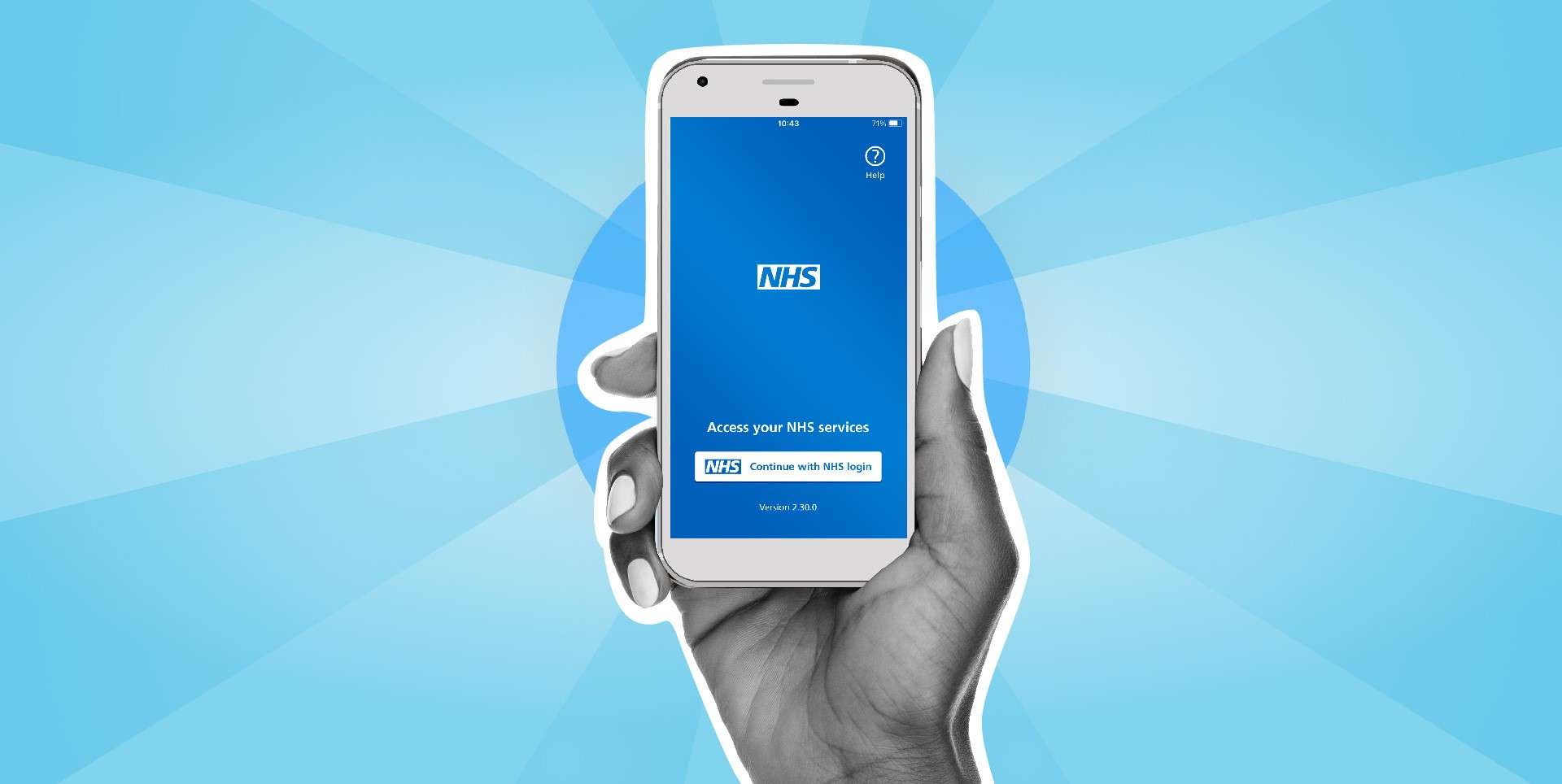Annual report from leader of 500 specialist judicial representatives across England and Wales reveals that digital and IT is changing the delivery of both physical procedures and legal administrative operations
The chief coroner has cited the “significant impact” that digital technology has had on the profession.
In his annual report to parliament, His Honour Judge Thomas Teague KC identified a number of ways in which tech has changed both the hands-on work of performing autopsies as well as the legal and administrative duties required by the role.
“As technology has developed there has been significant modernisation of the coroner service, with advances including the ability to undertake remote hearings, the increased use of CT scanning in place of invasive autopsy in appropriate cases and the digitisation of coroners’ work flows and processes,” he wrote. “Access to and use of technology varies between coroner areas but, in general, IT advances have made a significant impact on the way the service is managed and delivered.”
Related content
- All criminal courts now using Common Platform IT system
- Ministry of Justice advertises £120,000 director of digital role
- Courts service signs £30m deal for roving digital ‘squads’ to support reform programme
The report, which covers the 2023 calendar year, such an impact came against a backdrop of “a difficult year for the coroner service”.
Teague’s report added: “Many coroner areas were still struggling to eradicate the backlogs that built up during the Covid-19 pandemic, and all areas were affected by the changes to medical practice that have led to greater numbers of natural deaths being reported to coroners. At the same time, the financial crisis severely affected the ability of many local authorities and police services to resource the coroner service appropriately.”
The role of the chief coroner is to lead and support the work of the tally of 500 coroners employed throughout England and Wales. Coroners are independent specialist judges who are appointed by local authorities to serve the criminal justice system by investigating violent or suspicious deaths. They are drawn from both medical or legal backgrounds.




